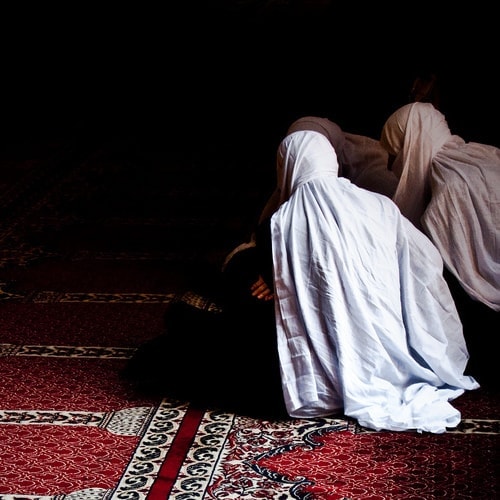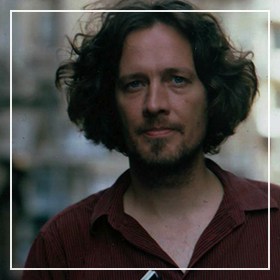We live in a world where the secularisation thesis has been proven wrong, where modernities more often than not are enchanted, and paths of striving in this world involve commitment to God or gods and the expectation of an afterlife in another world. At this particular moment, anthropology has become increasingly aware of the peculiar, exceptional nature of secularism.
Far from being a natural absence of religion, secularism strikes as a rather special way to live in the world and understand it. It requires explanation, and should not be taken for granted.
A critical study of secularism has thus become a way to address both subtle and brutal relations of power in the contemporary world, also in places that might at first not seem so secular, such as Egypt and the Middle East. But like all academic concepts (and especially those that come with the appealing aura of critically questioning hegemonic power), also critical theories of the secular need to be scrutinised against an empirical question: To what degree and how is it useful to talk about experience, politics, moral struggles in a God-fearing place like Egypt in terms of secularism, secularity or the secular? And where do these words fall short of their capacity to understand whatever is going on?
In this lecture, I bring together my fieldwork in Egypt and critical anthropologies of the secular, and argue that thinking about secularism as a form of discursive power that promotes specific subjectivities can provide a useful but only partial understanding of various developments regarding state power, faith, and imagination that are going on in a God-fearing part of the world.
Rather than trying to think them through the somewhat mystifying entity of “the secular”, I suggest that they may be understood in a clearer way as different shapes of the relationship between humans and God. Some of these shapes correspond to a binary model that oppose Islamic and secular-liberal traditions as distinct, mutually exclusive regimes; and some of them do not.
I propose to add to the theme of secularism a more complex landscape of heresies and imaginative explorations that either unsettle a tradition from within, or that have different concerns altogether.
Michael Jackson (2011: xii) has argued that the sense that “there is more to life than what exists for us in the here and now” is probably a universal constituent of a meaningful life: an excess of human imagination and energy that keeps us striving for more than we need for survival, for other and better things than are available. But that excess is never unlimited. Yes, contrary to what Michel Foucault famously argued, there is an outside of discourse. But it is not a free, unrestricted, unlimited outside. They are relative outsides in the sense of a finite margin and surplus, a shadow or perhaps better, a halo of imaginative excess that accompanies all discourses or traditions that try to produce authoritative correct readings and practices.
This is the transcript of a keynote lecture I gave at the Secularity and Nonreligion Research Network conference at King’s College in London on 5 July 2018. The lecture was based on scattered hand-written notes; there was no original paper to read from. I have therefore decided to share it in its original shape as a lecture. I have removed from the transcript filler words, ellipses and repetitions that are not relevant for the substance of the argument. Where necessary, I have added clarifications or corrections in [square brackets]. My thanks go to Stacey Gutkowsky for organising and chairing the lecture, Diana Gluck and Nico Putz for transcribing the sound recording, Bassem Abu Gweily for allowing me to use his poem and correcting my translation of it, and Muhammad Saad Shehata for expertise regarding the work of Nasr Hamid Abu Zayd.
[pdf-embedder url=”https://allegralaboratory.net/wp-content/uploads/2018/11/KEYNOTE_Schielke-2018.pdf” title=”KEYNOTE_Schielke 2018″]
You can listen to the original recording here: https://soundcloud.com/user-501636273/samuli-keynote-mixdown
Featured image by Will De Freitas (flickr, CC BY-NC-ND 2.0)





